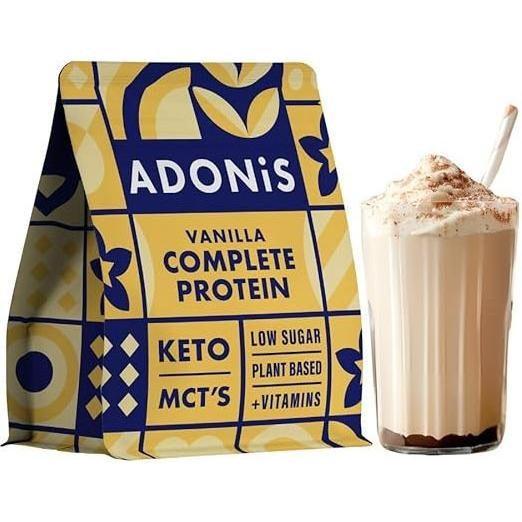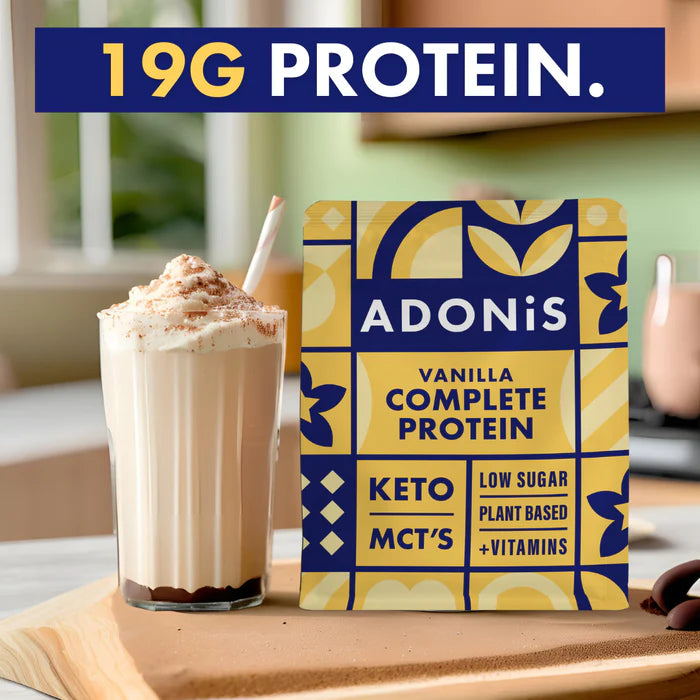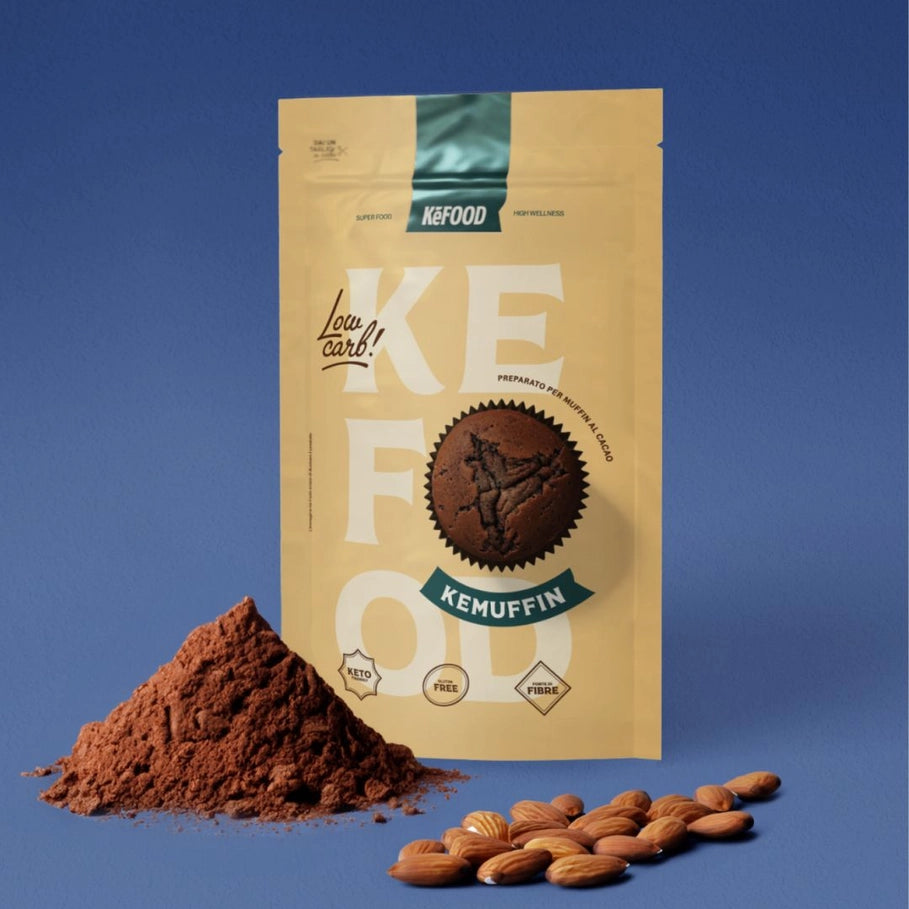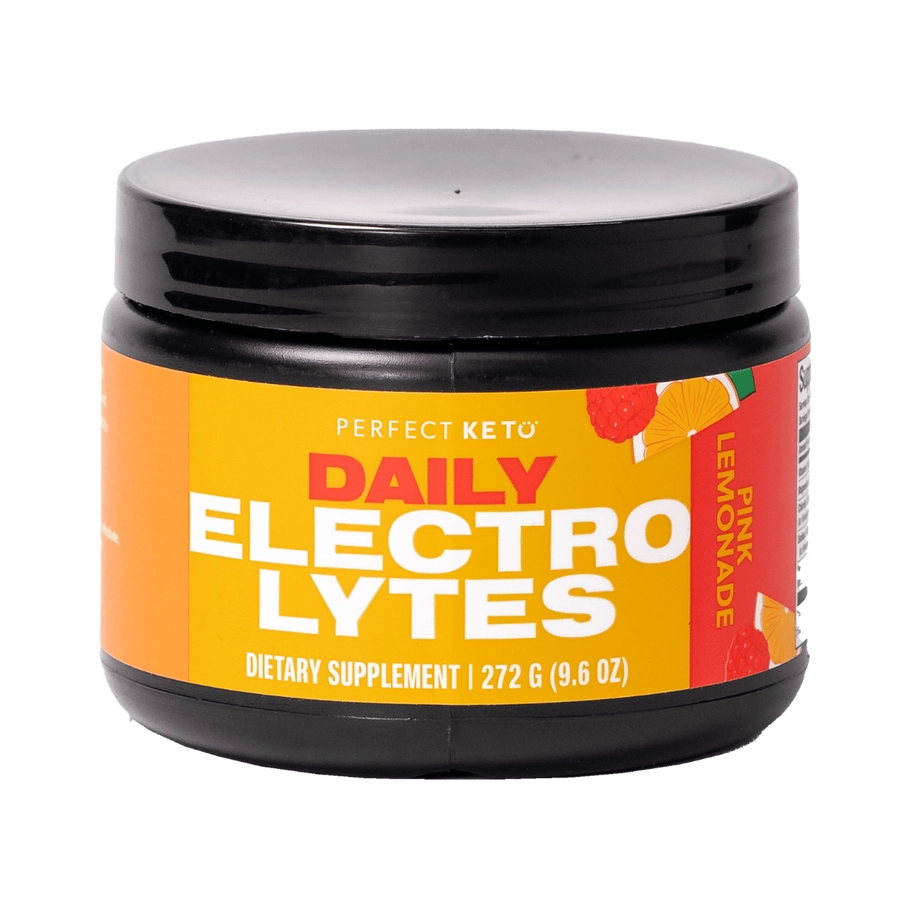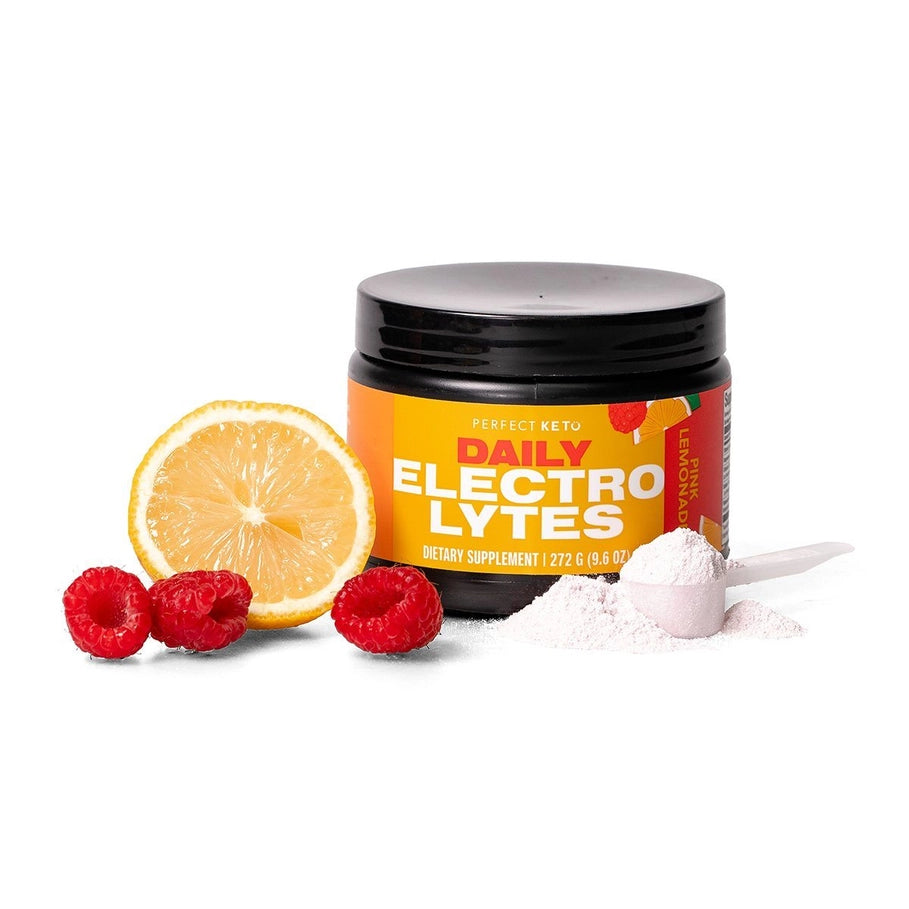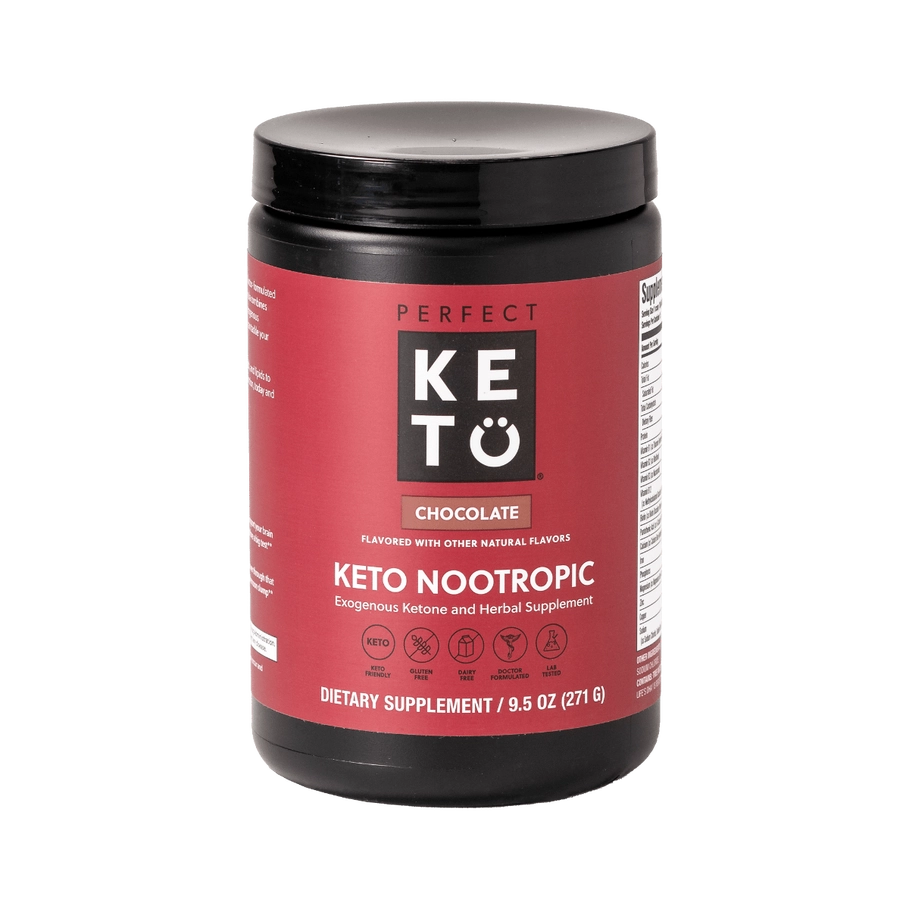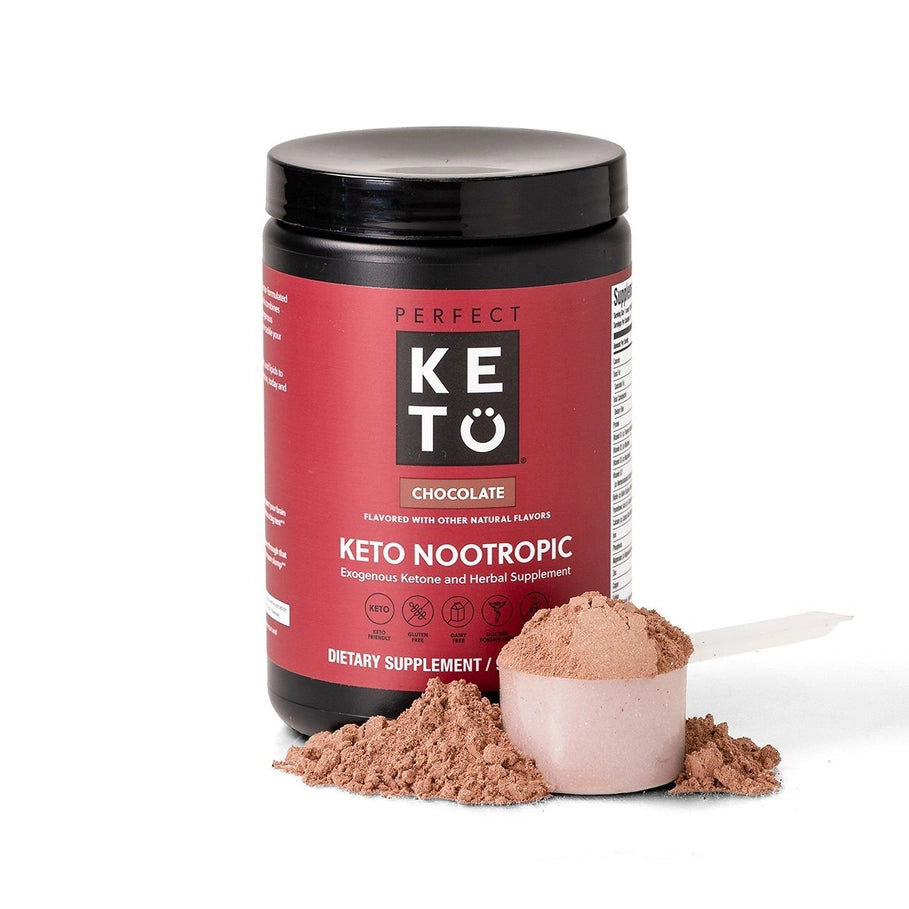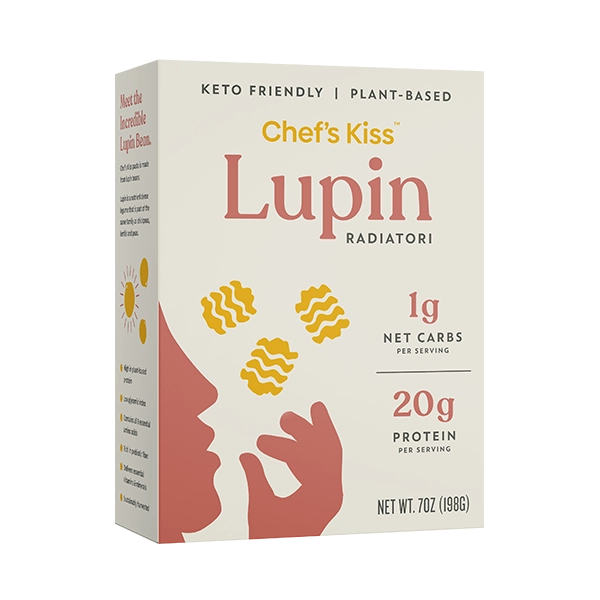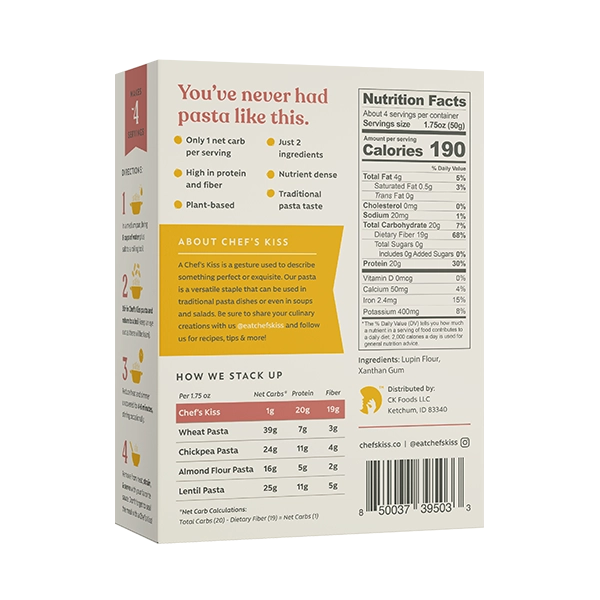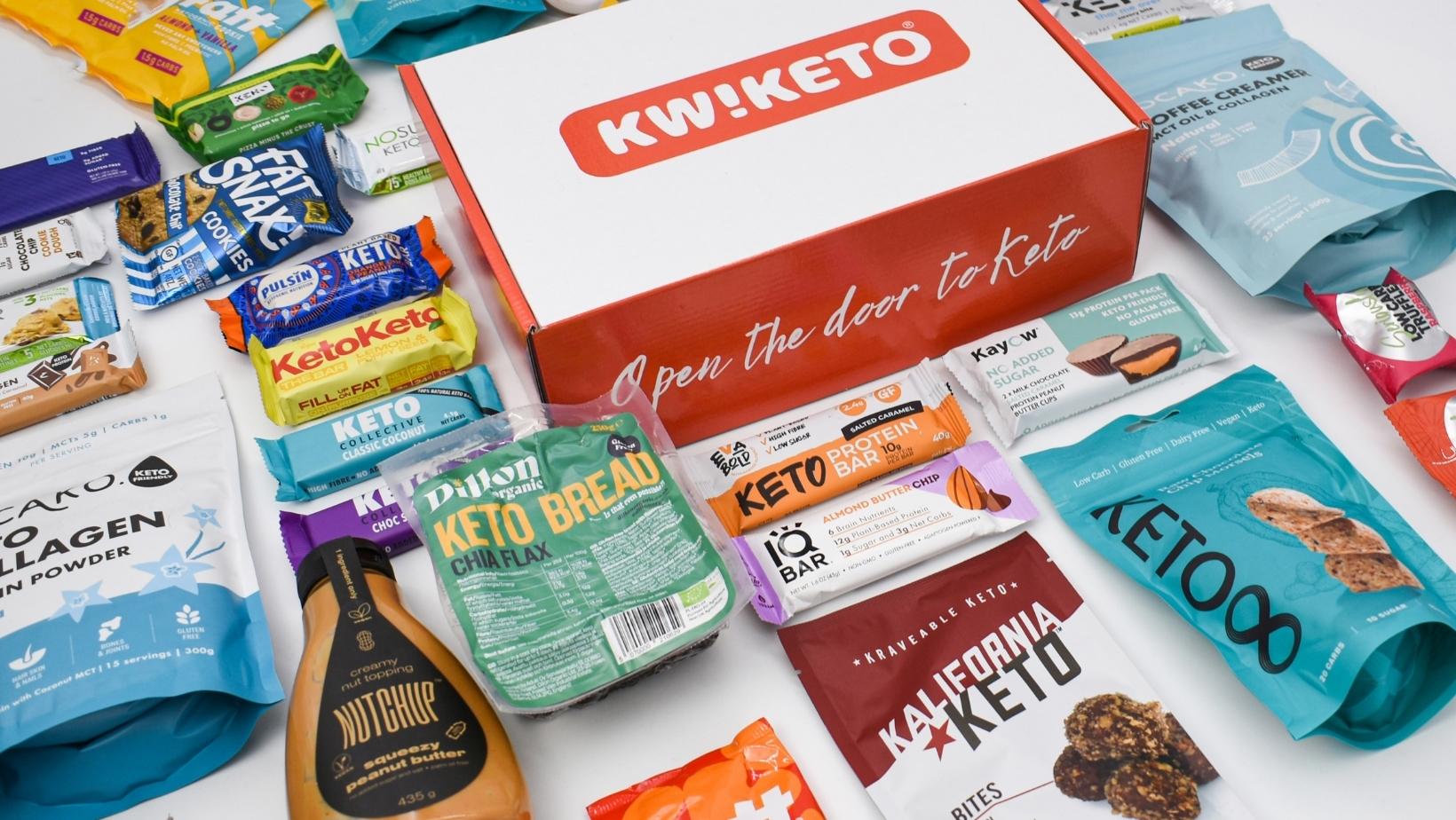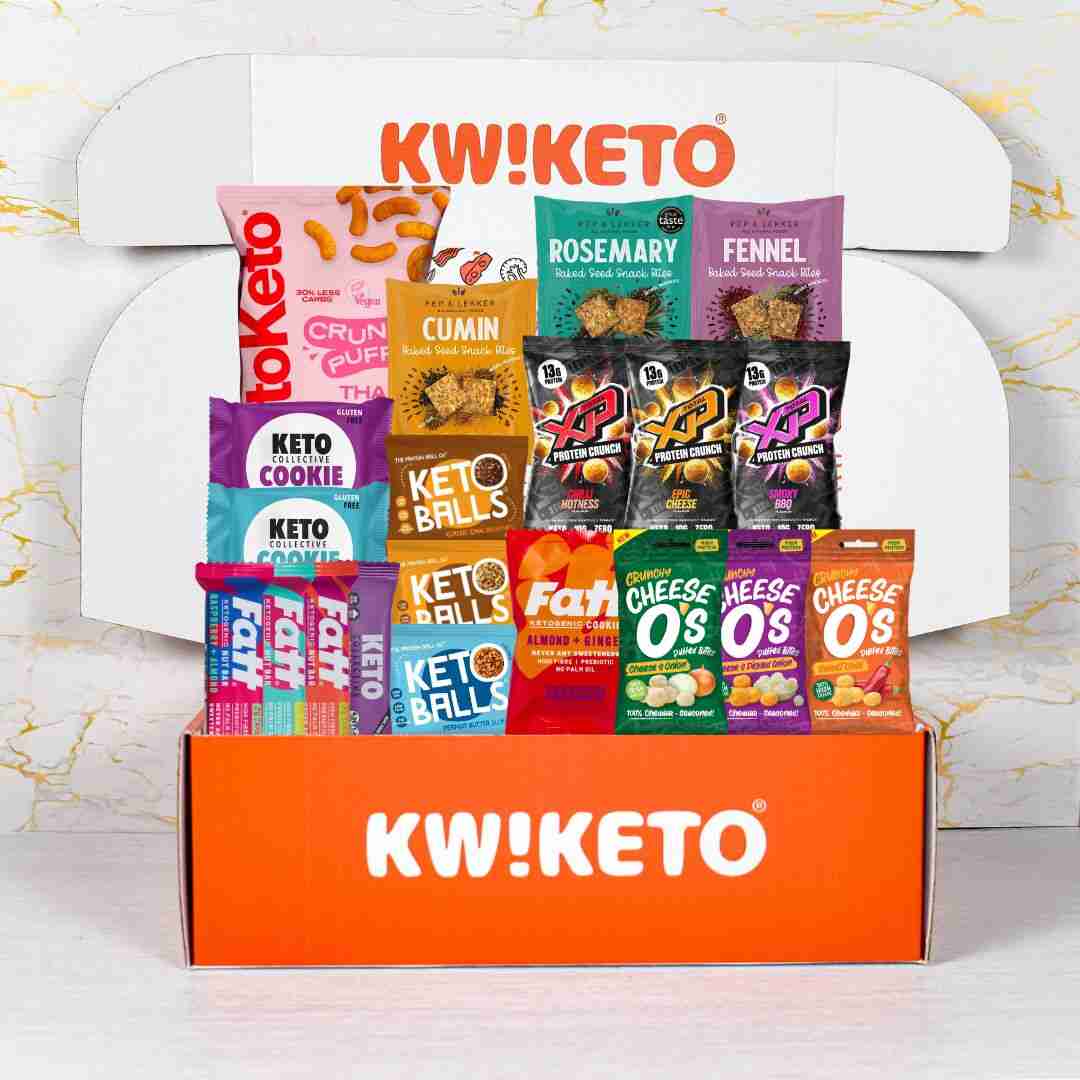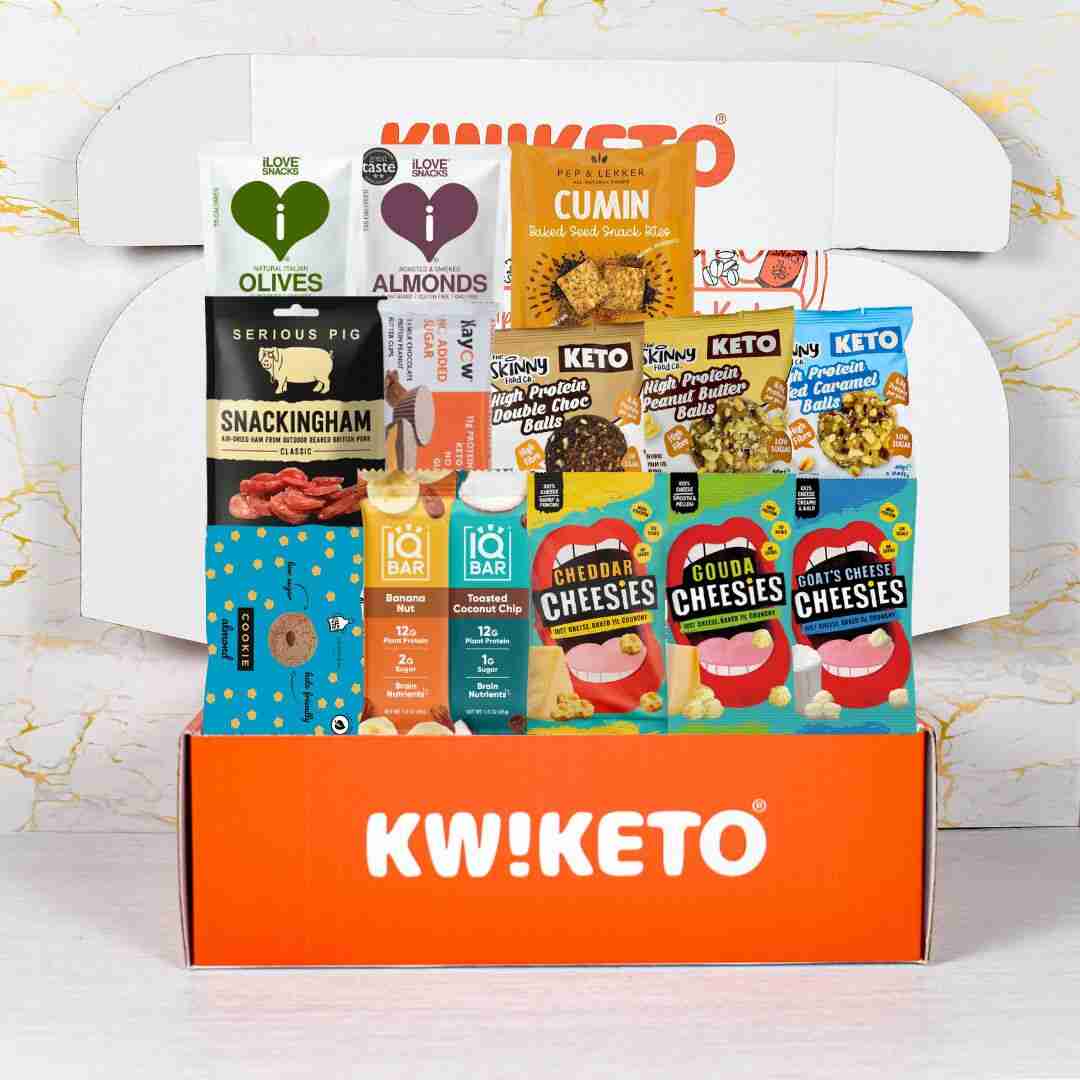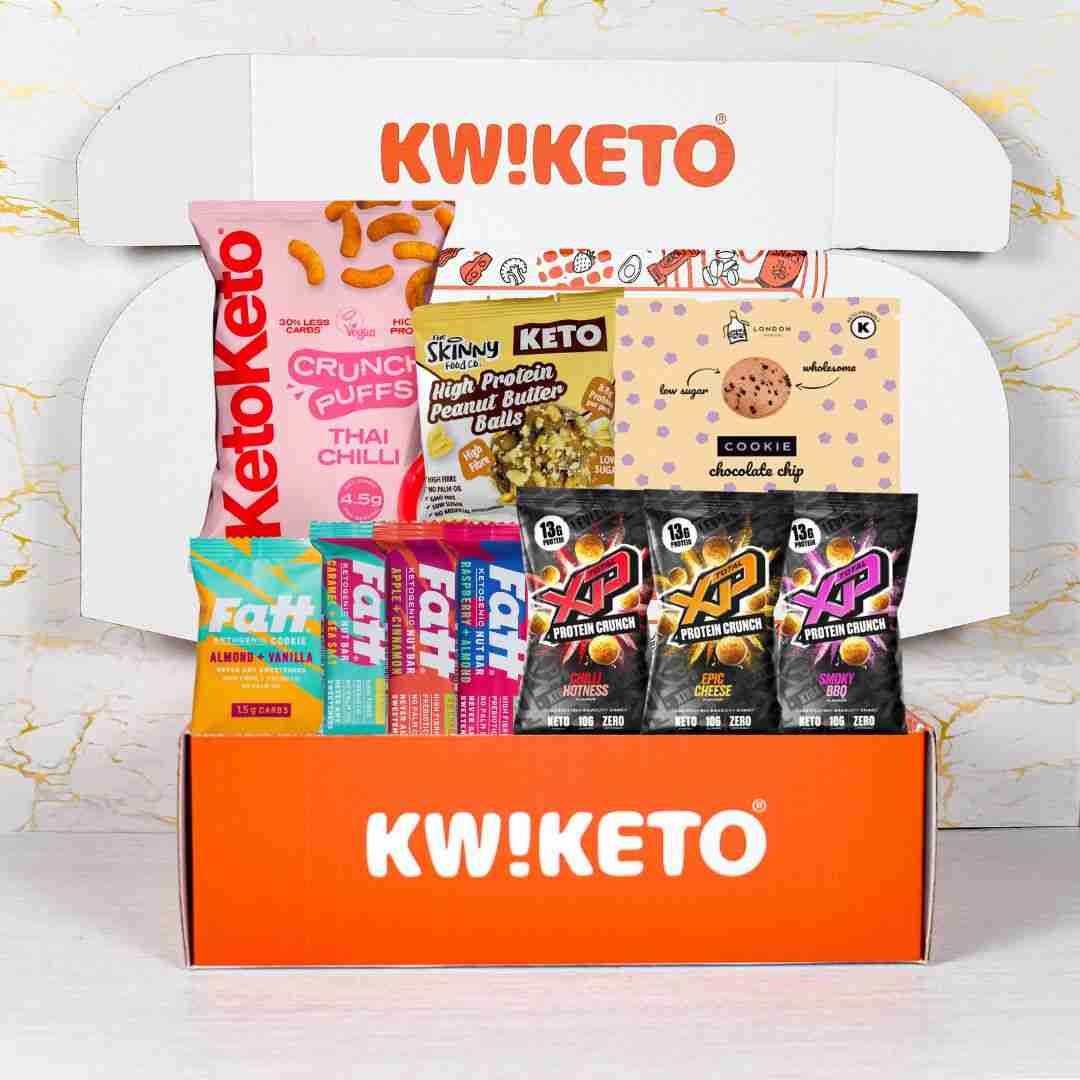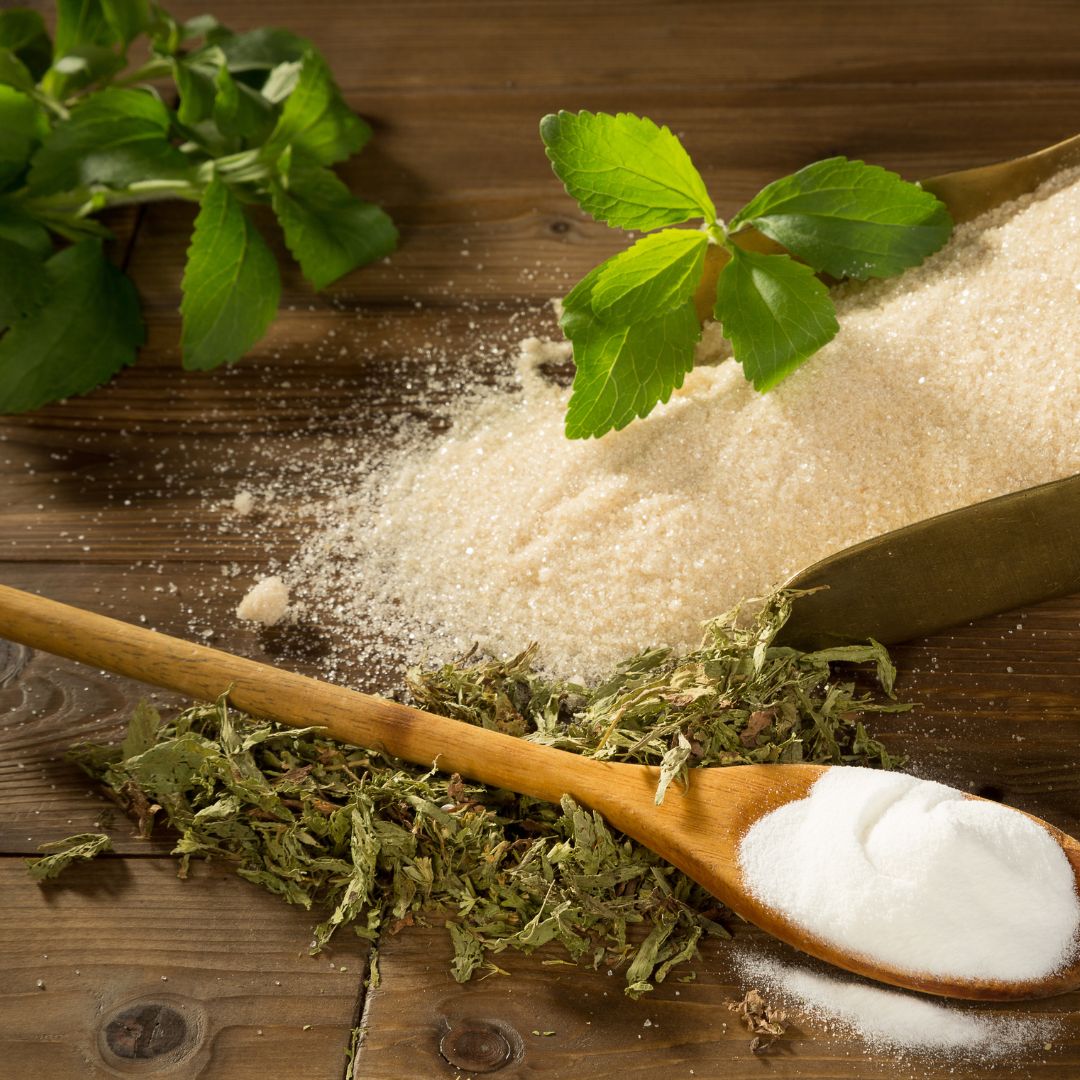
The Best Keto Sweeteners for Your Low-Carb Lifestyle
Embracing a Low-Carb, Sugar-Free Lifestyle with Keto-Friendly Sweeteners
In the quest for a healthier lifestyle, the ketogenic (keto) diet has gained immense popularity due to its potential benefits, including weight loss, improved blood sugar control, and enhanced energy levels. However, transitioning to a low-carb, high-fat diet can be challenging, especially for those with a sweet tooth. Fortunately, a range of keto-approved sweeteners can help satisfy cravings while keeping you in ketosis. This comprehensive guide will explore the best and worst sweeteners for your keto journey, empowering you to make informed choices that align with your health goals.
Understanding Sweeteners on a Keto Diet
Before delving into the specifics, it's essential to acknowledge the potential pitfalls of consuming sweeteners, even those deemed keto-friendly. While some low-carb sweeteners may have minimal impact on blood sugar levels, they can still activate the brain's reward pathways and perpetuate sugar cravings. Additionally, the long-term effects of artificial sweeteners on gut health, metabolic function, and overall well-being remain a subject of ongoing research.
However, for many individuals, the occasional indulgence in a keto-approved treat can make the low-carb lifestyle more sustainable and enjoyable. The key is moderation and being mindful of your body's unique response to different sweeteners.
Criteria for Evaluating Keto Sweeteners
When assessing the suitability of sweeteners for a keto diet, several factors come into play:
- Impact on Blood Sugar Levels: Ideally, a keto-friendly sweetener should have minimal to no impact on blood sugar and insulin levels, allowing you to maintain ketosis.
- Net Carb Content: Low or zero net carbs are essential to prevent kicking your body out of ketosis.
- Safety and Regulatory Approval: Sweeteners should be generally recognized as safe (GRAS) by regulatory bodies like the FDA and undergo rigorous testing for potential toxicity.
- Taste and Baking Performance: While taste is subjective, some sweeteners may have an unpleasant aftertaste or behave differently in baking compared to traditional sugar.
- Digestive Tolerance: Certain sweeteners, particularly sugar alcohols, can cause digestive discomfort in some individuals, such as bloating, gas, and diarrhea.
With these criteria in mind, let's explore the top keto-friendly sweeteners and their unique characteristics.
The Best Keto Sweeteners
1. Stevia
Derived from the leaves of the Stevia rebaudiana plant, stevia is a zero-calorie, zero-carb sweetener that has been widely embraced by the keto community. Its intense sweetness, up to 300 times sweeter than regular sugar, means a little goes a long way.
Pros:
- Negligible impact on blood sugar and insulin levels
- Zero calories and zero net carbs
- Generally recognized as safe by regulatory bodies
- Widely available in liquid, powder, and granulated forms
Cons:
- Some people detect a slightly bitter or licorice-like aftertaste
- Can be challenging to use in baking due to its intense sweetness
- Long-term effects on frequent users are not well-established
2. Erythritol
Erythritol is a natural sugar alcohol derived from fermented corn or cornstarch. Unlike many other sugar alcohols, it is well-tolerated by most individuals and has minimal impact on blood sugar levels.
Pros:
- Negligible calories and net carbs
- Does not raise blood sugar or insulin levels
- Easy to use in baking and cooking as a direct sugar substitute
- May help prevent dental plaque and cavities
Cons:
- Slightly different mouthfeel compared to sugar, with a cooling sensation
- Can cause digestive discomfort in some individuals at higher doses
- Potential for unknown long-term health risks, although none have been identified
3. Monk Fruit Sweetener
Monk fruit, also known as luo han guo, is a relatively new addition to the keto-friendly sweetener lineup. Its intense sweetness comes from naturally occurring compounds called mogrosides, which are extracted from the monk fruit.
Pros:
- Zero calories, zero net carbs, and no impact on blood sugar or insulin levels
- Better taste profile than stevia, often blended with stevia to improve flavor
- Does not cause digestive upset
- Highly concentrated, so a little goes a long way
Cons:
- More expensive than stevia and erythritol
- Often blended with other fillers or undeclared ingredients
- Limited long-term research on potential health effects
Other Keto-Friendly Sweeteners
While stevia, erythritol, and monk fruit are considered the top choices, several other sweeteners can be incorporated into a keto diet with caution and moderation.
4. Xylitol
Xylitol is a sugar alcohol derived from plants like birch trees or corn cobs. It has a similar sweetness to regular sugar but with fewer calories and a lower impact on blood sugar levels.
Pros:
- Low in calories and net carbs
- Does not significantly raise blood sugar or insulin levels
- Can be used in baking and cooking as a direct sugar substitute
Cons:
- Can cause digestive issues like gas, bloating, and diarrhea, even in small amounts
- Highly toxic to dogs and other pets
- May have a cooling sensation and a slightly different mouthfeel compared to sugar
5. Allulose
Allulose is a relatively new "rare sugar" that occurs naturally in small amounts in certain foods like wheat and raisins. It has a molecular structure similar to fructose but is not metabolized by the body, contributing negligible calories and carbs.
Pros:
- Keto-friendly with minimal impact on blood sugar and insulin levels
- Bakes and freezes similarly to regular sugar
- May offer potential health benefits, although research is limited
Cons:
- Significantly more expensive than other sweeteners
- Limited availability and research on long-term effects
6. Sucralose (Splenda)
Sucralose, the sweetener found in Splenda, is an artificial sweetener derived from modifying the sugar molecule. While it provides sweetness without calories or carbs, its impact on blood sugar and insulin levels remains controversial.
Pros:
- Zero calories and zero net carbs
- Can be used for sweetening beverages and certain dishes
Cons:
- Potential negative impact on gut health and metabolic function
- May raise blood sugar and insulin levels in some individuals, especially when consumed with carbs
- Concerns about potential breakdown and interaction with other ingredients at high temperatures
Sweeteners to Avoid on a Keto Diet
While exploring keto-friendly sweeteners, it's equally important to be aware of those that should be avoided or limited due to their potential negative impact on ketosis and overall health.
1. Sugar and High-Fructose Sweeteners
Regular table sugar, brown sugar, maple syrup, coconut sugar, and high-fructose sweeteners like agave nectar and honey are all high in carbs and can quickly kick you out of ketosis. Additionally, excessive fructose consumption has been linked to various health concerns, including fatty liver disease and insulin resistance.
2. Maltitol
Maltitol is a sugar alcohol commonly used in commercial "sugar-free" products. While it may be low in calories, it has been shown to raise blood sugar and insulin levels, making it unsuitable for a keto diet. Additionally, maltitol can cause significant digestive discomfort, especially when consumed in large amounts.
3. Aspartame and Other Artificial Sweeteners
While artificial sweeteners like aspartame (Equal), saccharin (Sweet'N Low), and acesulfame potassium (Ace-K) are calorie-free and do not directly impact blood sugar levels, their long-term safety and potential negative effects on metabolic health are still being debated. Some individuals may also experience adverse reactions or sensitivities to these sweeteners.
4. Deceptive Sweetener Blends
Be wary of sweetener packets labeled as "zero calories" or "sugar-free," as they often contain small amounts of dextrose, maltodextrin, or other carb-based fillers. These hidden carbs can quickly add up and potentially disrupt ketosis if consumed in excess.
Moderation is Key: Finding a Balance
While keto-friendly sweeteners can be a valuable tool in maintaining a low-carb lifestyle, it's crucial to approach their use with moderation and mindfulness. Overindulging in sweet treats, even those made with approved sweeteners, can perpetuate sugar cravings and potentially hinder weight loss or other health goals.
Consider incorporating sweeteners sparingly and focusing on enjoying the natural flavors of whole, nutrient-dense foods. Over time, your taste buds may adapt, and you may find yourself appreciating the subtle sweetness of fruits, vegetables, and other unprocessed ingredients.
Conclusion
Navigating the world of sweeteners on a keto diet can be challenging, but with the right information and mindset, you can find a balance that works for you. By prioritizing keto-friendly options like stevia, erythritol, and monk fruit, while being mindful of potential pitfalls like excessive sugar cravings or digestive discomfort, you can create delicious and satisfying low-carb treats that align with your health goals. Remember, moderation and listening to your body's unique responses are key to achieving long-term success on your keto journey.

